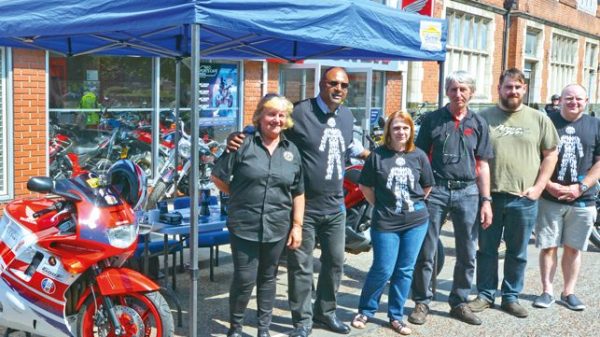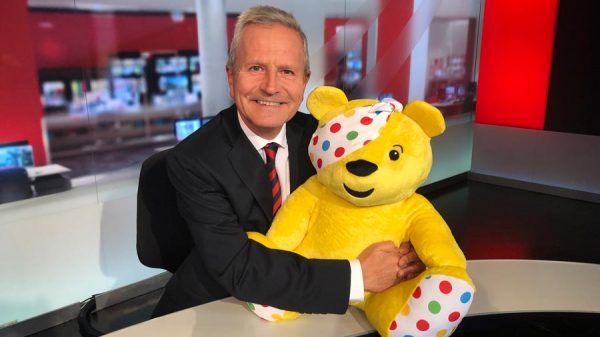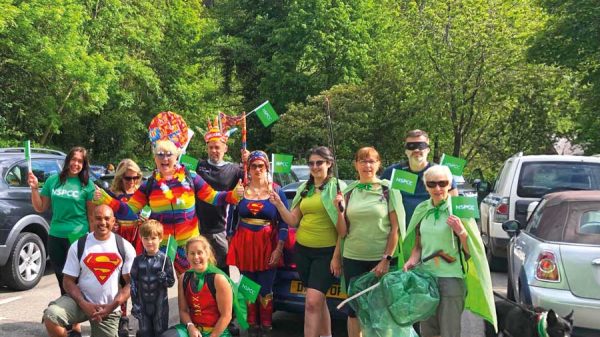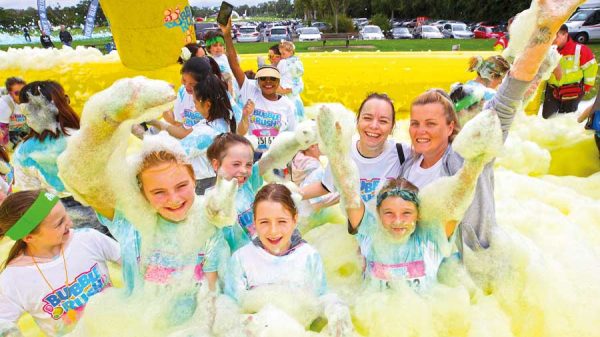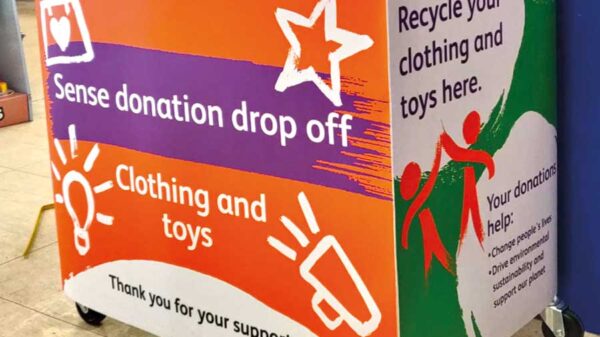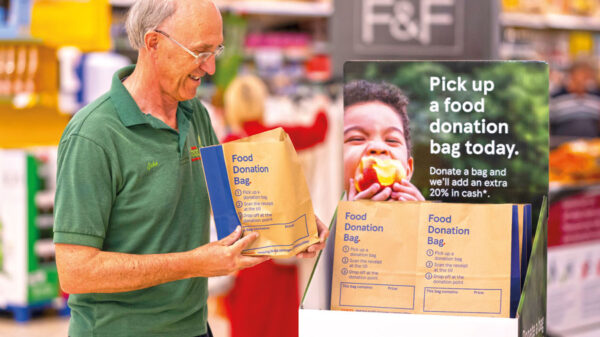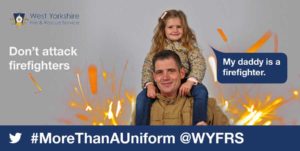Childline is helping young people spot the signs of peer-on-peer abuse after it held 3,878 counselling sessions with young people concerned about the issue in 2017/18 – a 29% increase on the previous year.
The number of online counselling sessions undertaken by volunteers at the Leeds base, who take calls from around the UK, has risen sharply by 63%, with an increase from 92 sessions in 2016/17 to 150 in 2017/18.
But the NSPCC-run service said the scale of the problem could be much greater, as it is worried many children and teenagers do not understand that what has happened to them is abuse.
Childline has relaunched the #ListenToYourSelfie campaign to try to prevent peer-on-peer sexual abuse and to encourage those that have suffered it to speak up.
It is working with the International Centre for Child Protection, at the University of Kent, to promote the online tool ‘Looking Out for Lottie’.
Lottie’s story aims to help young people spot when a relationship might not feel quite right and to recognise early signs of grooming, through a series of social media posts, messages from her friends and private messages from boyfriend Jake.
The campaign also includes two short films based on real-life scenarios affecting young people. These videos are intended to support young people to understand the importance of consent and their right to say ‘no’ if anything makes them feel uncomfortable or anxious.
Young people who contacted Childline about peer-on-peer sexual abuse revealed a general lack of understanding about consent, with some feeling unsure about whether something is abuse if they are in a relationship.
One girl aged 14 said: “My boyfriend is sometimes violent towards me and recently he’s forced me into doing sexual things when I didn’t want to. It wasn’t always this way but it’s been going on for a few weeks now and I’m worried it’s going to get worse. I’m scared of how he would react if I tried to end the relationship. I don’t feel like I can speak to someone without my parents or friends at school finding out. I’m really scared.”
The NSPCC is calling for both Relationships Education in primary schools (RE) and Relationships and Sex Education in secondary schools (RSE) to cover what abuse is and how to recognise its signs.
Dame Esther Rantzen, Founder and President of Childline said: “Young people tell us that they have been compelled to take part in behaviour against their will, which sometimes involves them suffering violence.
“We know that relationships can be confusing and it can be hard to know if the dynamic is changing and things are starting to go wrong.
“If you ever feel pressured to do something you don’t want to, we urge you to get support, either from a friend, a trusted adult or Childline. The Childline service is confidential, and you can contact us via our message board on our website.”
Any child worried about peer sexual abuse can call Childline on 0800 11 11. Any adult who is concerned about a child can call the NSPCC Helpline on 0808 800 5000.
